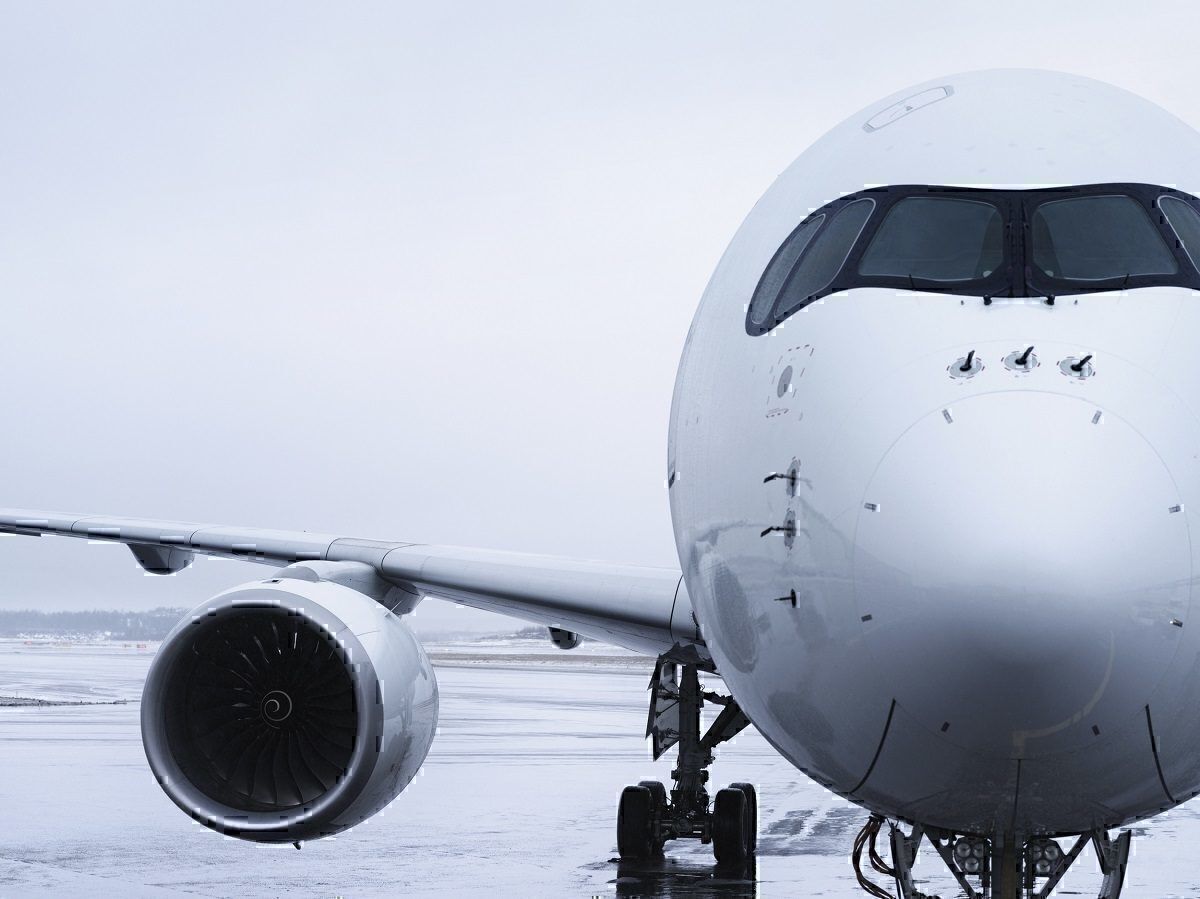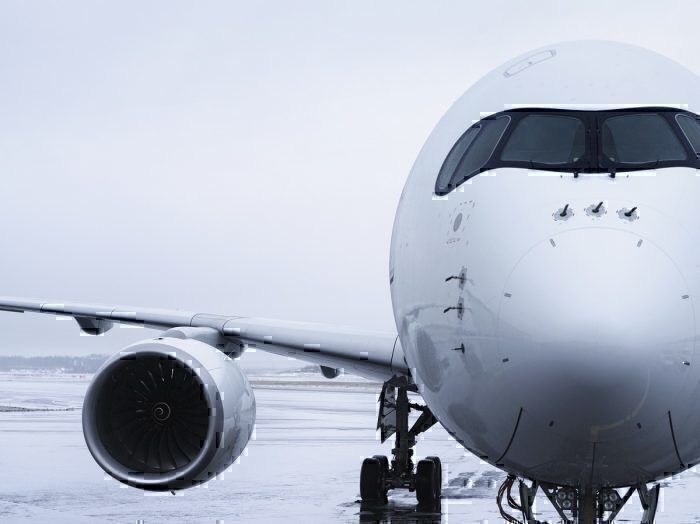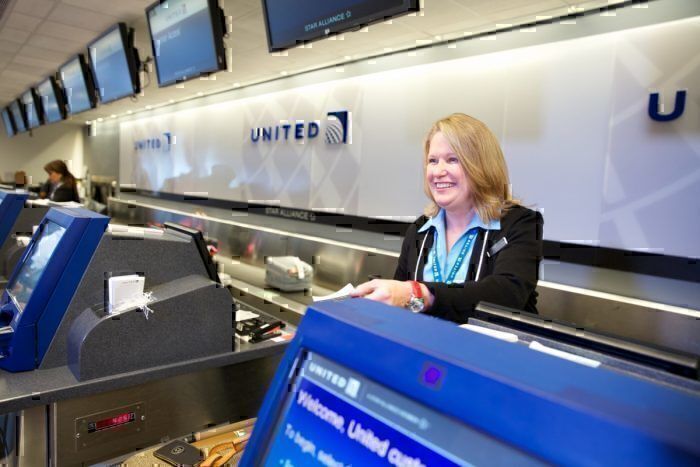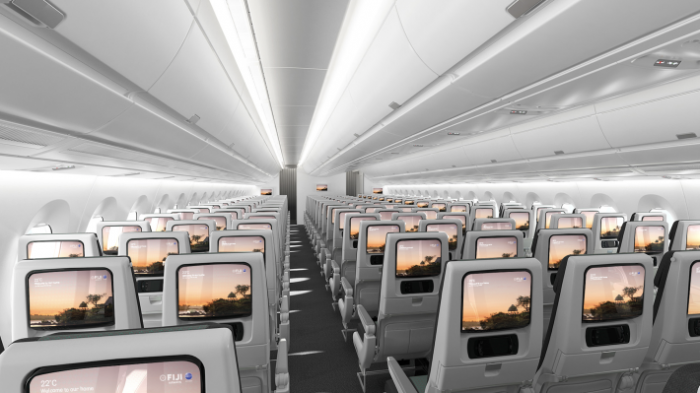Last week during its third-quarter earnings call, Delta Air Lines discussed the resurrection of an old idea: SimpliFares. First trialed in 2005, the core of the idea was a simpler fare structure - one that was more customer-friendly.
In a 2005 news release, Delta said that it would cap one-way fares, including last-minute walk-up purchases, and eliminate the Saturday-night stay requirement. The idea didn't last long as Delta had to file for bankruptcy protection later that year. So is the public ready for this idea in 2019?
“I think SimpliFares might have been too simple and maybe as an industry we weren’t ready for it, we didn’t have the sophistication to really manage it well...And I think that’s really the infrastructure we are putting in place now and how we see the evolution of pricing occurring over the next years. One of the things that you would have to admit about the industry in general is it’s transactional and it’s not really trusted very well." - Delta President Glen Hauenstein
The system as it is now
According to CNBC, airlines price tickets using a method and system called "Airline Revenue Management". With this system, computer algorithms adjust fares based on several factors including past bookings, remaining capacity, average demand, and the probability of selling more seats later. The algorithms goal? To maximize profit.
This is also known as dynamic pricing and isn't limited to just airfare. In fact, it's something that even Ticketmaster uses for concerts. Here is how the Quality Logo Products Blog defines the phenomenon:
Dynamic Pricing is when an event has tickets that are “market-priced,” meaning the ticket price and fees can change based on demand. Airlines and hotels also utilize dynamic pricing depending on busy travel seasons. You may notice ticket prices going down as the event date nears, because less people are buying tickets. On the other hand, popular rival sports games or an anticipated concert tour might drive ticket prices sky high.
Of course this is a good concept for the airlines and its shareholders. Conversely this ultimately means that consumers will often pay more for their tickets. The huge fluctuation in pricing for a seat on a plane is something Hauenstein pointed to as something that could change as Delta and others collect and analyze more data.
The appeal of simpler, more reliable fares
As stated above, simpler and more reliable fares are a customer-centered idea. It allows frequent travelers on a certain route to properly budget their trips. It would give customers some peace of mind that what happened after Thomas Cook's collapse wouldn't happen to them. After the leisure airline's collapse, competitor prices for the same routes doubled and tripled. A jet2 spokesperson defended the practice saying:
“Our pricing, as is common practice in the travel industry, is based on the principle of supply and demand. As supply reduces, an inevitable consequence is that prices increase."
It's funny that these days the thought of one static price is a revolutionary and game-changing concept. But having a customer-friendly approach is what Delta wants to be known for. That's what Hauenstein says about this approach:
“[It’s] not really simple fares but it’s more reliable fares and it’s not a revolution, it’s an evolution. So we are on a journey on this and we are trying to be less transactional and more customer-driven,”
Challenges to the idea
So will this idea 'take off'? While I think it's a fantastic idea and one that customers would really appreciate, I think it would face some challenges internally and externally.
From within, the company's shareholders may not like the idea because profit is not being maximized. If customers are willing to pay more for a ticket, some would argue that the opportunity should be seized. Externally, the airline would not be able to easily adjust to forces such as the price of fuel or new government taxes. Furthermore, it helps competing airlines to steal away market share can by offering sale fares.
Conclusion
If in fact this leads to lower ticket prices across the board, then it would force the competition to drop their prices as well. What a wonderful thing that would be! However, as stated above, this may not be something that airline shareholders may appreciate.
Do you think this is an idea that could actually be implemented? Or is it a pipe dream? Let us know b leaving a comment!




